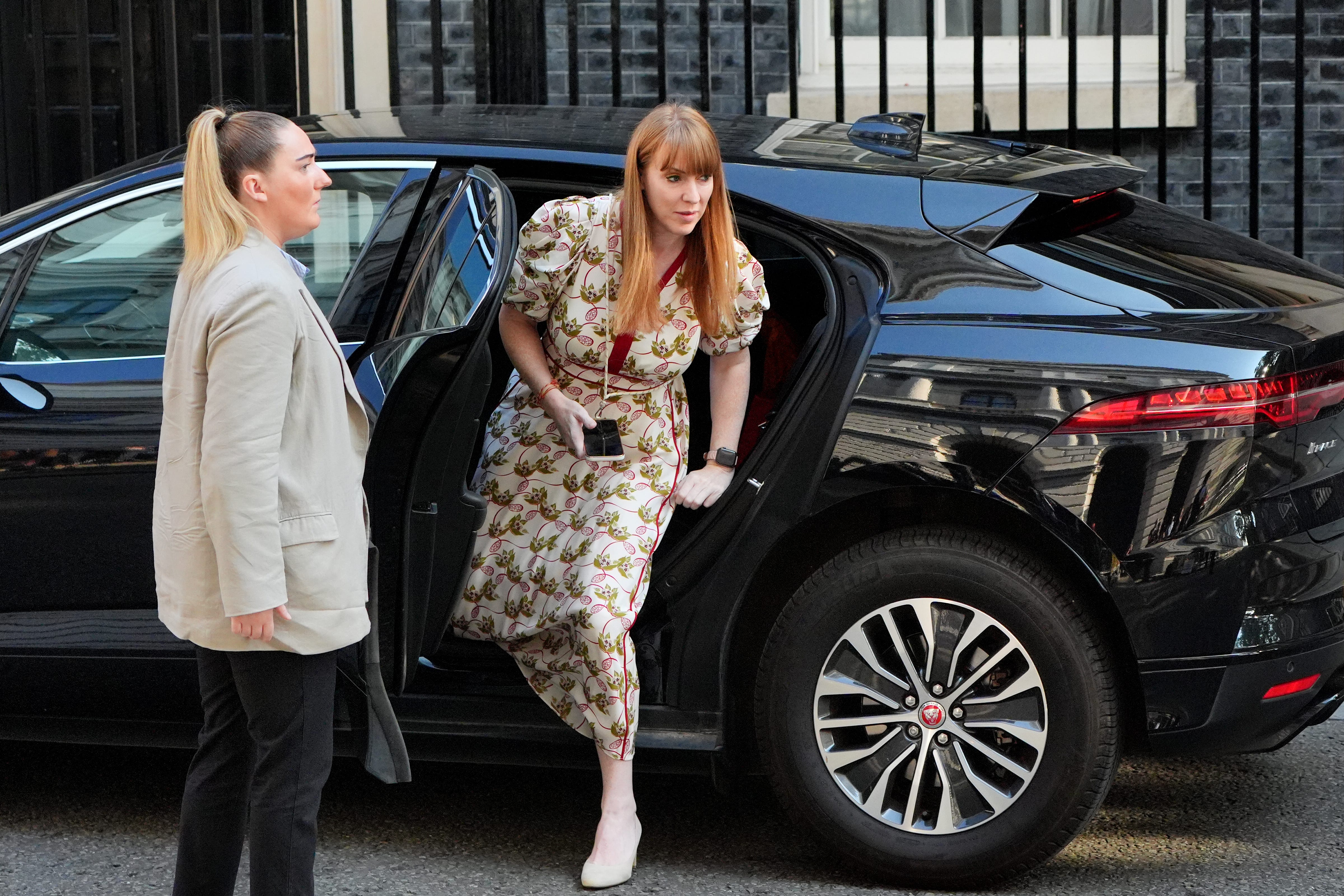Government promises ‘new era’ after landmark talks with unions and businesses
Business representatives continued to warn of the risk of ‘unintended consequences’ as the Government hailed a ‘new era of partnership’.

Your support helps us to tell the story
From reproductive rights to climate change to Big Tech, The Independent is on the ground when the story is developing. Whether it's investigating the financials of Elon Musk's pro-Trump PAC or producing our latest documentary, 'The A Word', which shines a light on the American women fighting for reproductive rights, we know how important it is to parse out the facts from the messaging.
At such a critical moment in US history, we need reporters on the ground. Your donation allows us to keep sending journalists to speak to both sides of the story.
The Independent is trusted by Americans across the entire political spectrum. And unlike many other quality news outlets, we choose not to lock Americans out of our reporting and analysis with paywalls. We believe quality journalism should be available to everyone, paid for by those who can afford it.
Your support makes all the difference.Angela Rayner has hailed a “new era of partnership” after a landmark meeting between the Government, businesses and trade unions on Wednesday.
The meeting, hosted by the Deputy Prime Minister and the Business Secretary, Jonathan Reynolds, follows Labour’s manifesto commitment to work with both businesses and unions in an effort to kick start economic growth.
Described as the “first of its kind”, the meeting saw participants promise to “wipe the slate clean and begin a new relationship of respect and collaboration”, according to the Department of Business and Trade.
Top of the agenda were the Government’s proposed Employment Rights Bill, slated to be introduced within the first 100 days of the new administration, and a wider plan to “make work pay”.
The Employment Rights Bill is expected to include bans on “exploitative” zero hours contracts and the practice of “fire and rehire”, and introduce rights to parental leave and sick pay from day one of employment.
Ms Rayner said: “Our plan to make work pay will bring together workers and businesses, both big and small and across different industries, for the good of the economy.
“This first-of-its-kind meeting has kicked off a new era of partnership that will bring benefits to everyone across the country striving to build a better life.”
Mr Reynolds said: “For too long the valuable insights of business and trade unions have been ignored by Government, even on past decisions which have directly impacted them.
“Business and workers will always help to shape the ambitions of government including our plan to make work pay, to ensure it boosts economic growth and creates better working conditions for all.”
Attendees included the Trade Union Congress and major unions such as Unite, Unison and the GMB, along with business groups such as the CBI, the British Chambers of Commerce and the Federation of Small Businesses.
Together, we can raise the floor so that every job has the pay and security that families need to thrive, workers have access to unions, and good employers are not undercut by the bad
TUC general secretary Paul Nowak said described the meeting as “an important chance for unions and businesses to discuss the shared gains that the Government’s reforms will bring”.
He added: “Together, we can raise the floor so that every job has the pay and security that families need to thrive, workers have access to unions, and good employers are not undercut by the bad.”
CBI policy chief John Foster said the meeting was “a welcome step” in beginning “constructive dialogue” on the Government’s plans.
In opposition, some accused Labour of “watering down” its employment rights proposals after consulting with businesses, while the Conservatives said the reforms would harm the economy.
Concerns from some businesses about the impact of proposed changes remain, with FSB policy chair Tina McKenzie saying it would be “crucial” for the Government to “try and reduce harm to employment, small businesses and the economy from any and every negative impact of these proposals”.
Both Mr Foster and Jonathan Geldart, director general of the Institute of Directors, said consultation would be vital to avoid Labour’s proposals having “unintended consequences”.
Unison general secretary Christina McAnea said only “bad bosses” would not want the initiative to succeed, saying: “Decent employers and staff across the UK know making work pay means a real change for the better.”
In its manifesto, Labour committed to consulting “fully” with businesses, workers and civil society on how to implement its plans.